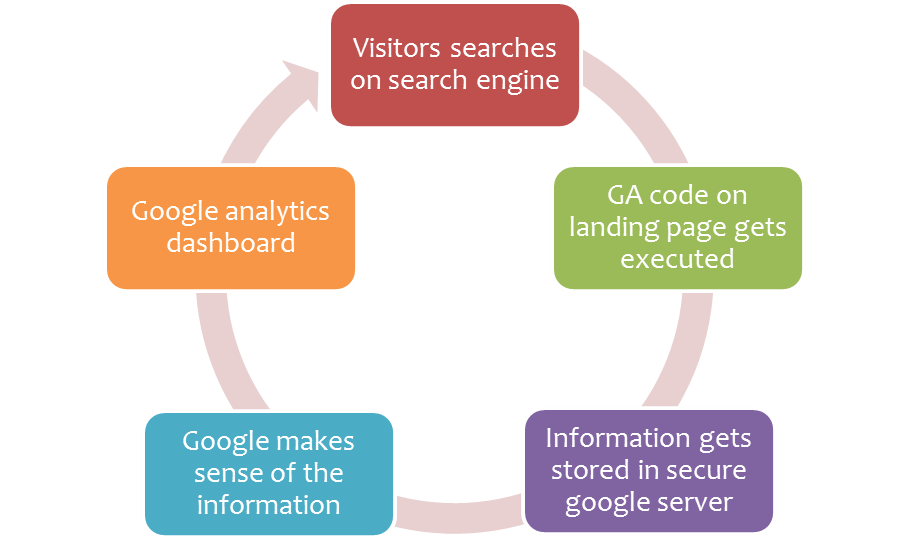Wakefield
In West Yorkshire, England, Wakefield is located. Wakefield is on the River Calder and Pennines eastern edge. In 2001 Wakefield had a population of around 77,512. It increased for five Wakefield wards called East, North, South, West and Rural to 77,512 according to 2011 census. Wakefield is also dubbed as ‘ Merrie City’ in Middle Ages. John Leland in 1538 described it as ‘ A quick market town and large and meately large. It is also a well-served market of fish and flesh from sea and rivers so that vital is good and cheap there. Wakefield Battle took place in Wars of the Roses. Wakefield became a famous centre for wool and a market town. In the 18th century, Wakefield made a trade in corn and textiles. In 1888 parish church of Wakefield acquired Cathedral status. It also became a county town of West Riding of Yorkshire. It was the seat of West Riding County Council from 1889 till 1974.
History
Along with railroad, many streams and lakes also played a significant role in economic growth of Wakefield. There were many damn and around twenty mill sites that include fulling mills, gristmills and carding mills along these waterways. Due to this development growing population expanded in seven separate villages, East Wakefield, South Wakefield, North Wakefield, Burleyville Wakefield corner, Sanbornville and Union. Sanbornville villages are now the primary business centre in Wakefield. The new town hall was constructed in Sanbornville in 1895. From Lovell lake , ice was shipped and harvested by two companies with the help of 16 to 20 train carloads to Boston and beyond it every day. At the beginning of 1900’s railroading was to the extreme with 25 trains in and out of Sanbornville every day.
In 1911, due to fire various rail yard buildings burned and operations centre shifted to Dover. After the emergence of electrification, need for ice reduced. The Later popularity of automobiles further reduced the need for rail travel. Finally, in 1969, Snow train which was a passenger train, made its final run.
During Second half of 20th century, a major industry in Wakefield was the development of 11 lakes. Development of summer homes and services needed to be provided. This helped later to provide incomes to many Wakefield residents. It helped to retain the rural character of Wakefield for which Wakefield is known.
Education
Oldest school Surviving in Wakefield is Queen Elizabeth Grammar School, a boys school established in 1591 by Queen Elizabeth by Royal Charter. The original building is in Brook Street that is now the Elizabethan Gallery. In 1854, QEGS school was moved to Northgate. The school was administered by Governors of Wakefield Charities who also opened Wakefield Girls High School ( WGHS) located at Wentworth-street in 1878. Church of England opened National Schools that include St Mary’s in the 1840s and St Johns in 1861. Original St Austin’s Catholic School was opened in 1838. In 1846 Methodist School was opened on Thornhill Street. Eastmoor School previously Pinders Primary School is only opened by Education Act 1870 which is still open.
Wakefield College has origins in School of Art and Craft of 1868. It is today the primary provider of 6th form and further education in the area with around 10,00 part-time and 3000 full-time students. It has campuses in the surrounding towns as well as in the city. In 2007 Wakefield College and Wakefield City Council announced plans to create a University Centre of Wakefield but bid for funding failed in 2009. Other schools with sixth forms include QEGS, Cathedral High School which is now an Arts College for age 11 to 18 and Wakefield High Girls School.

 ENQUIRE
ENQUIRE
 REQUEST CALLBACK
REQUEST CALLBACK
 GET A FREE QUOTE
GET A FREE QUOTE


 Introduction
Introduction Course Details
Course Details Course Content
Course Content





 London
London